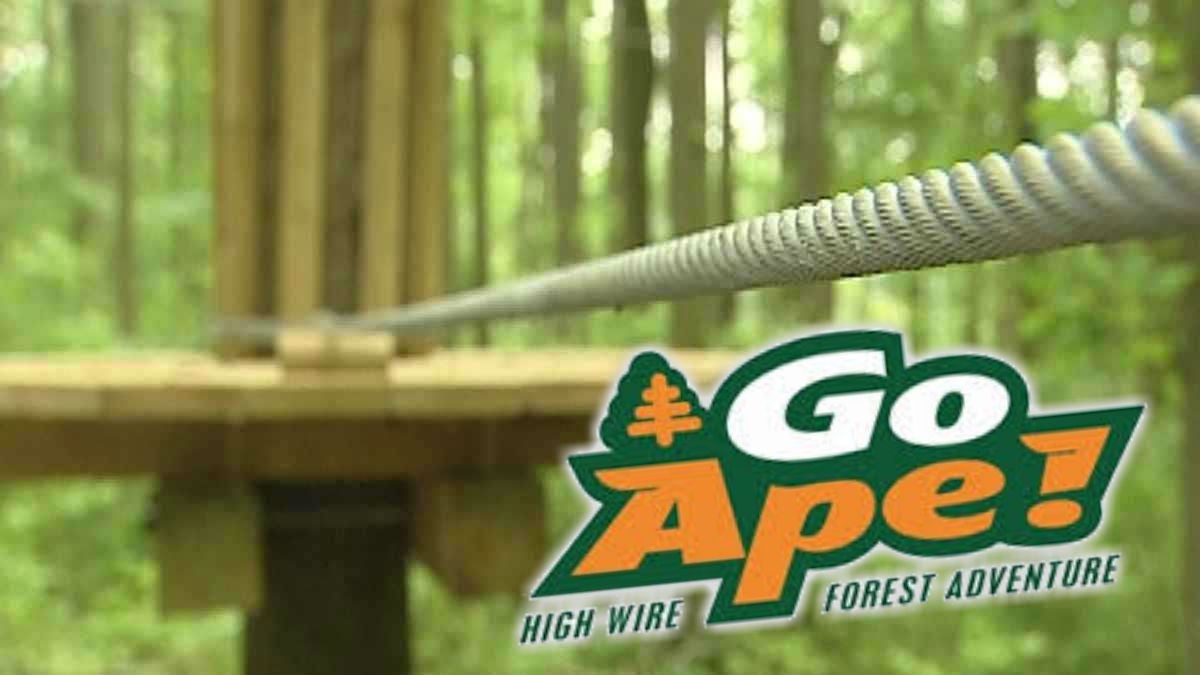Experts react to Delaware zip-lining death

(File/WHYY)
Zip-lining experts say the death of a Delaware woman after she fell 35 feet could have been prevented.
Delaware State Police continue to investigate Wednesday’s death of Tina Werner, 59, after she fell from a platform on the Go Ape Aerial Rope Adventure Course at Lums Pond State Park in Bear.
Police say the Felton woman was standing on a platform about 35 feet above the ground waiting to descend on a zip line when she fell.
Go Ape employees and park rangers applied first aid and advanced life-saving efforts to Werner prior to the arrival of paramedics. She was transported to Christiana Hospital, where she was pronounced dead.
The case in Delaware is not the first zip line accident in the U.S., which saw one fatality in Michigan and a serious injury in Tennessee.
Mike Barker of the Professional Ropes Course Association said following the American National Safety Standards, which he helped write, could prevent incidents like these. He said unfortunately, following these guidelines is not required, and many courses use other standards that are less strict.
Barker said courses like Go Ape allow its patrons to hook themselves to the cables as they make transfers at each platform. While proper raining can make a smooth transition, he said the type of equipment used can be the difference between life and death.
While most courses use a system ensuring at least one safety cord, or connector, attached at all times, Barker said Go Ape in Lums Pond uses a brand that allows both to be detached at once, leaving patrons vulnerable to a fall.
“In England, where Go Ape originated, it has worked successfully for many years. They have an in-depth training program and risk management program constantly ongoing,” he said. “Here in the U.S. that type of system is frowned on. The system at Go Ape in Delaware, a person can have both [cords] disconnected from the cables which leaves them open to a fall.”
However, Barker said training can work around the issue of equipment choice.
“So the training of the clients is a very important factor in making sure they stay attached at all times, and of course, supervision of that,” he said.
Barker said his organization is asking various states to require zip lining courses to follow the American National Safety Standards, which call for safety ensured equipment and procedures.
When asked if Werner’s family can sue, “God, yes,” Barker said. “Even with releases and so forth, it leaves too much of an opening for a problem.”
WHYY is your source for fact-based, in-depth journalism and information. As a nonprofit organization, we rely on financial support from readers like you. Please give today.





